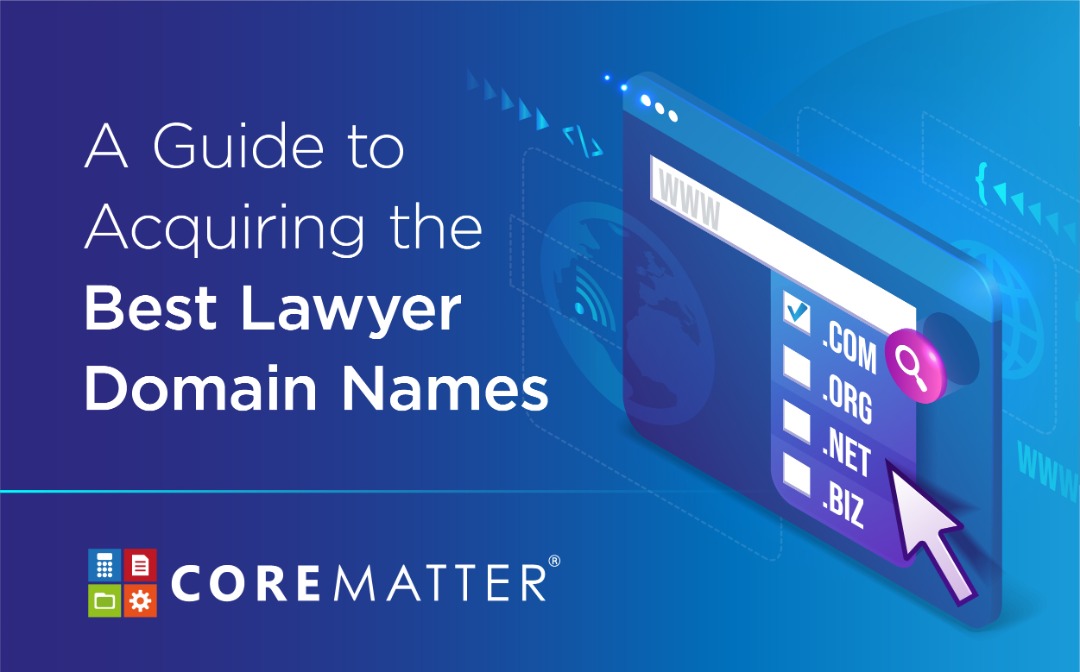
Digital Marketing For The Legal Industry – PPC Marketing
Digital Marketing
As the world continues to embrace content tailored to a mobile existence, there still exists a gap between a majority of the legal industry and effective practices within marketing in the digital age.
This leads us to the million dollar question…
How does a firm effectively engage with potential clients when leaving behind the comfort of traditional marketing?
To answer that, we’ll dive into a few facets of digital marketing and the ways to tailor your efforts to your potential client base within our Digital Marketing for the Legal Industry series.
And for the first entry in the series, the focus will be upon pay-per-click marketing.
So with that, let’s begin.
PPC Campaigns for the Legal Industry
As one of the more commonly used facets within digital marketing, PPC campaigns have become an indispensable tool in reaching a larger market and converting site traffic into actionable leads.
To that effect, pay-per-click, or PPC, marketing is perfect for firms looking to expand their current digital marketing efforts as well as those searching for a place to begin.
Though, before exploring the mechanics behind fine tuning your firm’s next PPC, a quick bit of information for those new to the PPC concept.
Simply put, pay-per-click ads are advertisements in which the advertising party pays a fee each time their ad is clicked on by a user.

More than likely, you’ve encountered the most popular PPC platform, Google Ads, without realizing it.
As one of the most commonly used search engines, Google has allowed advertisers to leverage its popularity in their own marketing campaigns, selling space at the top of search results for a price.
And given Google’s prevalence, that price, as well as what it means to your budget, deserves a bit of digging into to understand.
To get a further look under the hood, WordStream has created a helpful infographic for PPC regarding how Google determines the price and which ads are displayed that is worth looking into for a greater understanding of the mechanics behind the service.
So, with that bit of background, let’s explore the process of creating your firm’s first PPC campaign with an emphasis on the marketing aspect of the campaign and less on the creation within your chosen platform as that process varies from platform to platform.
Choosing Your Keywords
The first point to touch upon when looking to create a PPC campaign is understanding keywords and understanding what they mean to your budget.
First and foremost, it is imperative to state that, unfortunately, those in the legal profession will have to contend with higher cost-per-click, the fee associated with each click by a user on a particular ad, rates than other professionals within other industries. This is mainly due to the fact that the industry is highly competitive and saturated with other law professionals vying for clients.
With that said, this leads to the imperative nature of selecting your campaign’s keywords with a key focus on specificity. As each click ultimately comes with a cost, being able to ensure that your budget is effectively utilized requires a bit of strategy.
With this in mind, it is critical to utilize keywords that offer the best possible opportunity for conversion.
Whereas the keywords “personal injury attorney in the Philippines” and “personal injury attorney in Manila” roughly mean the same thing, the effectiveness in converting a click into a lead is quite different.

As clients are more likely to solicit the services of a law professional within their area, making the distinction apparent immediately, ultimately, can make all the difference in creating ads that are both “click-worthy” and viable as lead generators.
Similarly, the keywords “attorney in Singapore” and “divorce attorney in Singapore” will garner different results as the added specificity will cut down on budget wastage while increasing the volume of truly viable leads.
So with that, it’s safe to say time spent crafting keywords that are tailored to generating actionable leads prevents your firm from needlessly spending precious amounts of your budget on clicks that lead nowhere in terms of lead generation.
The takeaway?
While it may be tempting to cast a wider net in creating a PPC campaign centered around general keywords, which will lead to higher volume of clicks, keeping your campaign keywords as refined as possible will result in higher ROI and actionable leads.
Moving from keywords, it’s time to look into the next facet of creating effective PPC campaigns…
Location, Location, Location
The old real estate adage of “location is king” finds itself once again ruling when it comes to creating a campaign that is seen while also being effective.
Though instead of school-adjacent properties, location, in terms of effective PPC campaigns, refers to the geolocation, the region in which the ad will be shown, attached to each ad.
To be truly effective, a campaign must first establish locational boundaries in which the ad will be shown to potential leads. This can vary from settings as all encompassing as entire countries and entire regions to parameters limited in terms of distance from a set point.
All of which is open to your preference.
That said, much like keywords, while it may be tempting to cast a wider net to gain a higher volume of leads, incorrectly setting geolocations will lead to higher budget expenditure without much to show in terms of actionable leads.
With that, we’ll look towards the forward facing, and arguably most critical, facet of creating PPC ads, crafting copy that converts…
Though, more on that tricky topic in our next part of our ongoing series of Digital Marketing for the Legal Industry.
While you wait, why not prepare your firm for a shift to the modern age of practising law and head over to https://www.corematter.biz/signup for a free month of service when you sign up today.
Until the next time, let’s focus on what matters with CoreMatter


